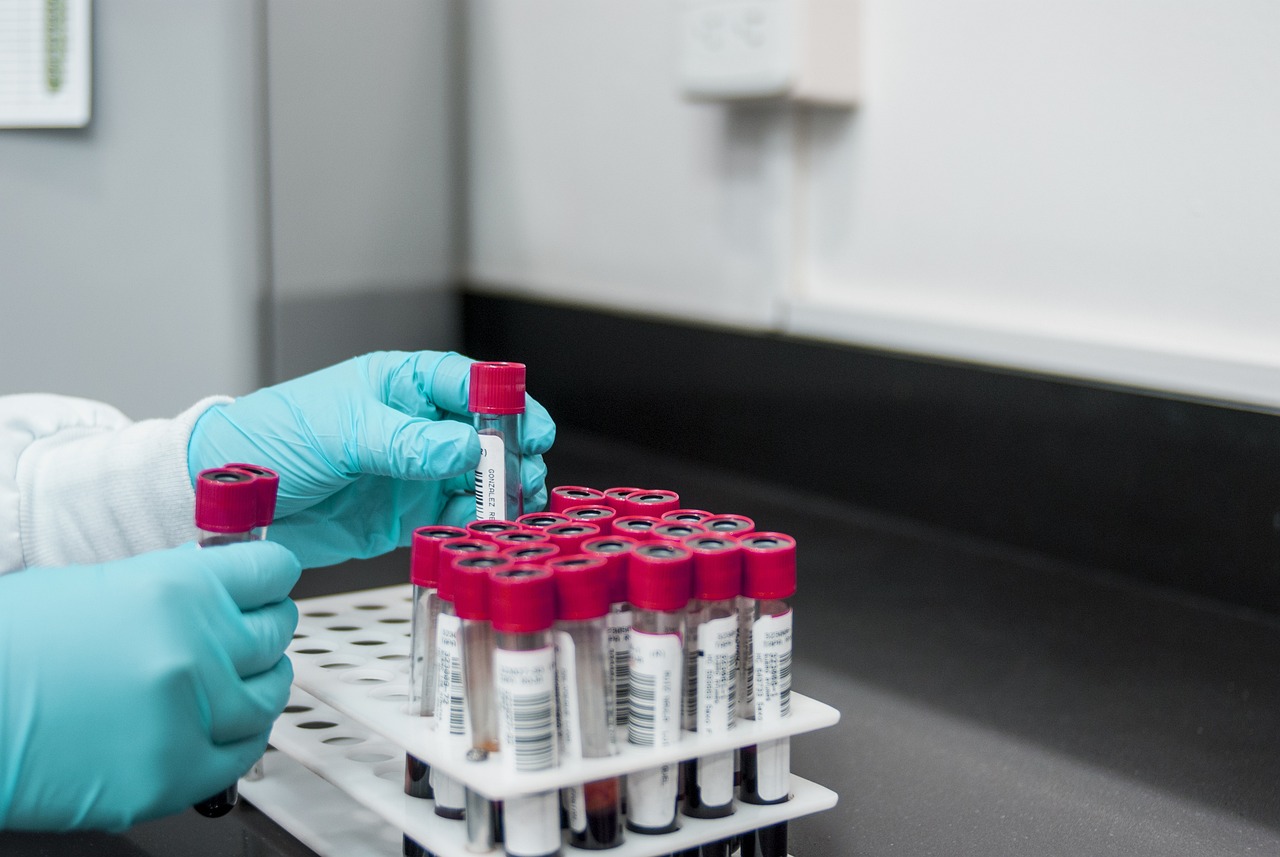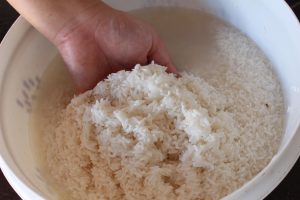
Hair fall is a common issue for both genders, with a daily loss of 50-100 strands being typical. However, excessive loss can signal health problems. Factors such as stress, poor diet, hormonal changes, and genetics may play a role. Blood tests are a key tool for determining the causes of hair fall, revealing deficiencies and hormonal issues. This article discusses five important blood tests that can help diagnose hair loss, providing insights for effective treatment and restoration.
- Complete Blood Count (CBC)- The Complete Blood Count (CBC) is an essential test that evaluates the levels of various blood cells, such as red blood cells, white blood cells, hemoglobin, hematocrit, and platelets. It is particularly relevant for diagnosing anemia, a common cause of hair loss. Healthy hair follicles require a consistent oxygen supply, which red blood cells provide. Low RBC levels due to anemia can result in insufficient oxygen reaching the hair follicles, leading to thinning and shedding hair. Key indicators in a CBC include hemoglobin and hematocrit levels, with low values suggesting anemia and potential hair issues. Platelets and white blood cells may also offer insights into infections or inflammation affecting overall health and hair growth. If your CBC results show anemia, consider taking iron supplements and adjusting your diet to include more iron-rich foods like spinach, red meat, and legumes. Treating anemia can help reduce hair fall over time.
- Ferritin Test (Iron Levels)- Ferritin is a protein that stores and releases iron in the body, and the Ferritin Test measures stored iron levels. Low ferritin indicates iron deficiency, a leading cause of hair loss, particularly in women. Iron is vital for hemoglobin production, which delivers oxygen to hair follicles; insufficient iron can therefore slow hair growth and cause thinning. Optimal ferritin levels for healthy hair growth are above 70 ng/mL, while levels below 30 ng/mL may be associated with hair loss. To address low ferritin, iron supplementation and a diet rich in iron and vitamin C are recommended, as they can help reverse hair thinning and support regrowth.
- Thyroid Function Test (TFT)- Thyroid Function Test (TFT) assesses the functioning of the thyroid gland by measuring thyroid hormone levels, including T4, T3, and TSH. Imbalances such as hypothyroidism (underactive thyroid) and hyperthyroidism (overactive thyroid) can negatively affect hair health. Thyroid hormones influence metabolism and regulate hair follicle growth cycles, with both conditions leading to hair loss. Hypothyroidism can cause hair thinning on the scalp and eyebrows, while hyperthyroidism can lead to accelerated hair shedding. High TSH levels indicate hypothyroidism, whereas low levels suggest hyperthyroidism. Normal levels of free T3 and T4 are crucial for healthy hair growth. Treatment options may include medications like levothyroxine for hypothyroidism or antithyroid drugs for hyperthyroidism. Restoring proper thyroid function can improve hair health and reduce loss.
- Vitamin D Test- Vitamin D is essential for healthy hair follicles and its levels in the blood can be measured through a Vitamin D Test. Low levels are linked to hair thinning and loss, as vitamin D is vital for the hair follicle life cycle. It stimulates hair follicles, fostering new hair growth, while deficiency can slow down this growth, resulting in thinning or shedding. Optimal vitamin D levels for hair growth are between 30 and 100 ng/mL, while levels below 20 ng/mL are deemed deficient and may contribute to hair loss. Increasing sunlight exposure, consuming vitamin D-rich foods like fatty fish and fortified dairy, and possibly taking supplements can help improve vitamin D levels.
- Hormonal Panel- Hormonal imbalances, especially in conditions like Androgenetic Alopecia and Polycystic Ovary Syndrome (PCOS), are common causes of hair loss. A Hormonal Panel test assesses various hormone levels, including testosterone, DHEA-S (Dehydroepiandrosterone sulfate), and SHBG (Sex hormone-binding globulin). Hormones such as androgens are critical in hair growth and loss, with high levels of male hormones like testosterone and DHT (Dihydrotestosterone) leading to hair follicle shrinkage and baldness. Women with hormonal issues, particularly those with PCOS, may also face hair thinning. Key indicators in the test include DHT, which significantly contributes to hair loss by attacking hair follicles; testosterone, where elevated levels can increase DHT production; and SHBG, where low levels can result in higher free testosterone levels, further promoting hair loss. If hormone levels are abnormal, treatment options may involve anti-androgen medications like spironolactone or finasteride to block DHT’s effects on hair follicles. Additionally, lifestyle changes such as stress management and dietary improvements can help regulate hormone levels and reduce hair fall.
-Triparna







